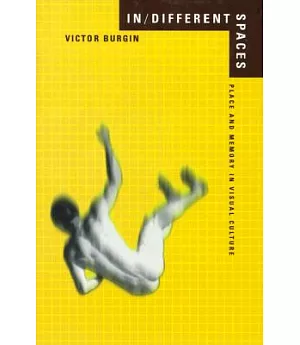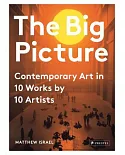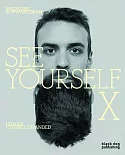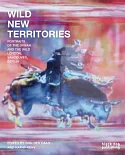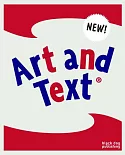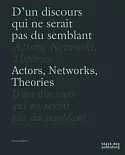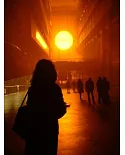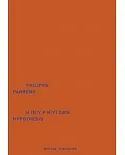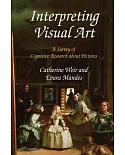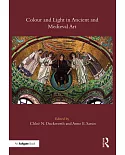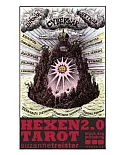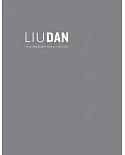Recent discussions about the culture of images have focused on issues of identity--sexual, racial, national--and the boundaries that define subjectivity. In this context Victor Burgin adopts an
original critical strategy. He understands images less in traditional terms of the specific institutions that produce them, such as cinema, photography, advertising, and television, and more as
hybrid mental constructs composed of fragments derived from the heterogeneous sources that together constitute the "media." Through deft analyses of a photograph by Helmut Newton, Parisian
cityscapes, the space of the department store, a film by Ousmane Semb矇ne, and the writings of Henri Lefebvre, Andr癡 Breton, and Roland Barthes, Burgin develops an incisive theory of our culture
of images and spectacle.
In/Different Spaces explores the construction of identities in the psychical space between perception and consciousness, drawing upon psychoanalytic theories to describe the constitution
and maintenance of "self" and "us"--in imaginary spatial and temporal relations to "other" and "them"--through the all-important relay of images. For Burgin, the image is never a transparent
representation of the world but rather a principal player on the stage of history.

